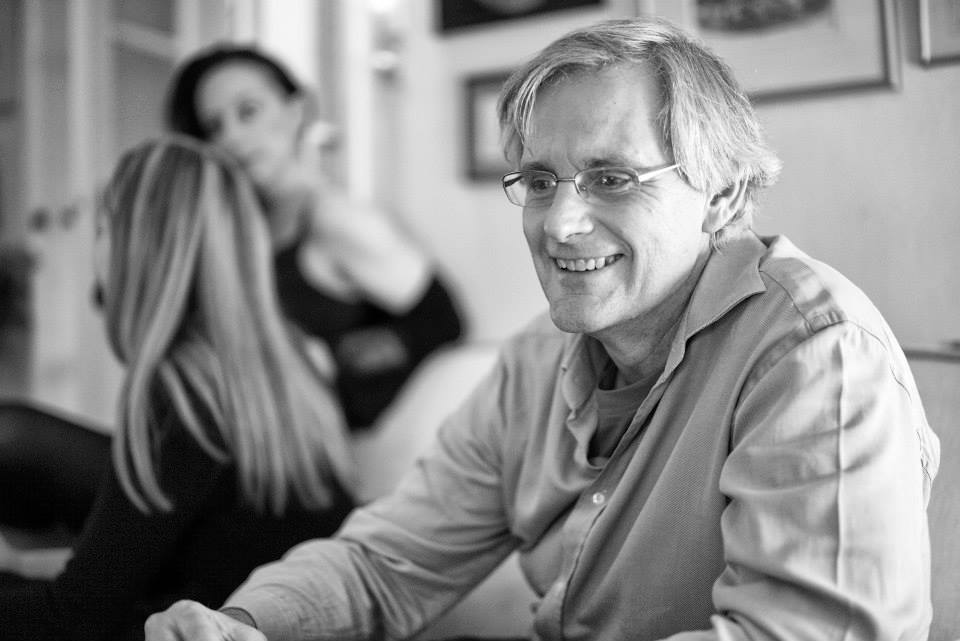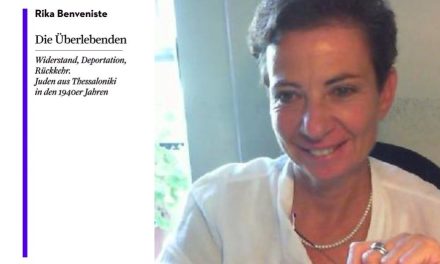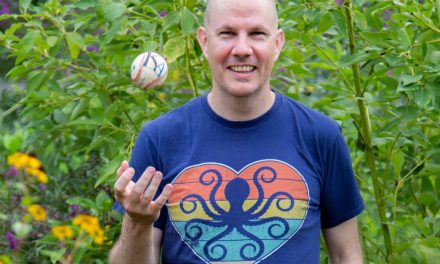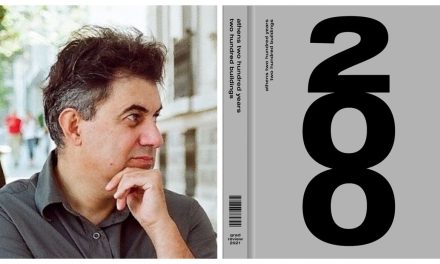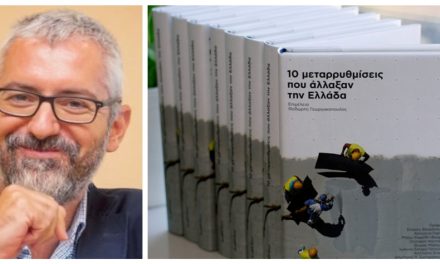John Brady Kiesling is a former US diplomat, an archeologist/ancient historian by training and a writer. He became a public figure in 2003 with his resignation letter to Colin Powell protesting the folly of U.S. Administration policy in Iraq. With an MA in ancient history and archaeology at U.C. Berkeley, he joined the State Department in 1983. After service in Tel Aviv, Casablanca, Athens, Yerevan, and Washington, his final assignment was as chief of the Political Section at U.S. Embassy Athens from 2000-2003. After his resignation, Kiesling spent a year as a visiting fellow/lecturer at Princeton University, and then returned to Athens, where he still lives.
He is the author of Diplomacy Lessons: Realism for an Unloved Superpower (2006), Greek Urban Warriors: Resistance and Terrorism 1967-2014 (2014), Rediscovering Armenia (2003), and various articles. Until May 2009, he wrote a monthly column called “Diplomat in the Ruins” in the Athens News.
Brady Kiesling spoke to Rethinking Greece* about the most important moments in his career, his recent book “Urban Greek Warriors” on Greek terrorism, Topos Text, the innovative interface he designed, helping travelers locate and learn about some of the most significant sites from ancient Greek literature and culture. Kiesling analyzes the role of Classical Studies in the post-modern world, characterizing the current crisis as a “crisis of expectations”, while, commenting on recent developments in Greece, he points out that “poor civic morality exacerbates the structural problems of an unrealistic constitution, chaotic legal code, and collapsing court system”.
Your life seems as a circle starting with an academic interest in Classical Studies and ending up in modern Greece. “An ex-diplomat, ex-archaeologist, occasional thinker” –to use your own words – which do you consider the most important moments in your career?
Cross-border conflict is part of human nature and an indispensable tool of domestic politics, so good diplomacy is more about managing conflicts than solving them. Not a lot of triumphalist moments to look back on, therefore, simply a sense that on my watch few very bad things ever happened, partly, maybe, because of my work.
Instead a precursor memory to my ToposText app: driving to the end of the road in southern Armenia one weekend as a geographic bachelor. The ex-mayor of the village was so happy when I asked him for directions in Armenian that he insisted on cranking up his ancient Willys jeep and driving me to the castle atop the mountain. This inspired me to type out a one-page description of how to find the place, which became three pages, then ultimately a little internet guide/gazetteer with historical quotations someone turned into a book, Rediscovering Armenia.
As a moment of pure happiness I would highlight walking the 30-minute rocky trail up from the late Geometric settlement of Zagora on Andros carrying 25 kg of schist pithos covers on my back. October 2014, volunteering with the Australian excavation team there. A simple, useful and measurable task, in glorious scenery, with the wind whipping the clouds.
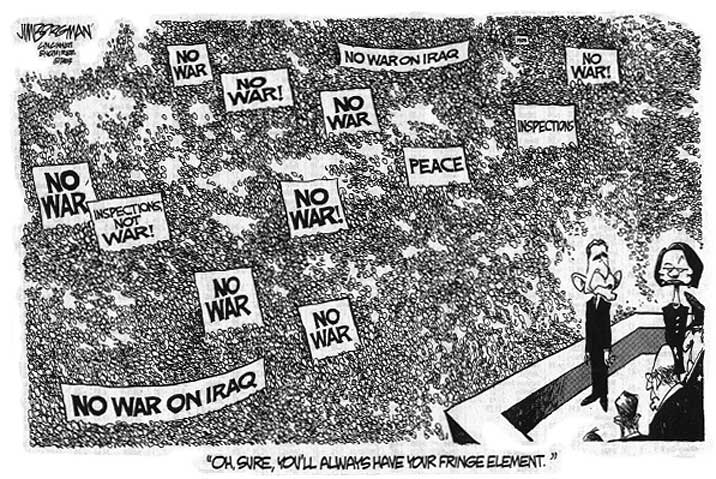
As a moment of blinding clarity, the moment on February 21 (?), 2003 when I realized I could both end my personal misery and make a statement others would embrace by publicly resigning as political counselor at the U.S. Embassy in Athens. When you are doing the right thing, the words flow from the heart, and I am still very proud of my resignation letter protesting our Iraq war policies. I am too much a self-critic not to agonize over the many tactical mistakes I made when resigning, but the letter to Colin Powell will remain after I am gone.
Your recent book “Urban Greek Warriors” (2014) analyzes the history of the ‘Greek armed revolutionary movement’ in Greece during the second half of the 20th century. What prompted you to spend years delving into such an issue? What kind of things did you discover about Greek terrorism during your research that surprised you the most?
Americans are much more likely to be killed by a moose or their own bathtub than by terrorists. If our politicians were disciplined and self-denying enough to treat political violence as a public health issue, then spending five years on a book on a little group of Greek extremists would be a serious misuse of resources. But as a diplomat I got to watch from up close as the U.S. government became unhinged after September 11 2001. Trillions of dollars were misspent, at home and in the Middle East, with the lamentable results we see now. I wanted to make the point that society’s own immune system is more dangerous than any band of extremist misfits.
When key members of 17 November were arrested in 2002, we congratulated ourselves, gave everyone a medal, and forgot all the mistakes that had delayed that victory for 27 years. Amnesia is expensive. This was a book I thought needed to be written, and I felt better qualified than most to write it. I assumed, however, that the official story I had heard as a well-placed diplomat was reasonably true and complete, so that I could write a useful book in a year.
The devil is in the details of course, and this devil was particularly seductive. Sorting out truth from the self-promoting fictions told by all sides took years of patient digging. I am dangerously fond of jigsaw puzzles, and this one was the biggest, hardest one I have ever put together.
My basic message, I suppose, is that terrorists are ordinary, knowable, human beings whose ability to damage us can be reduced to an acceptable minimum through professional police work and enlightened public policy. That message, I ruefully admit, may have gotten lost in the weeds as I wrote. But the weeds conceal some fascinating characters and rather funny incidents. I’m perhaps too diplomatic a writer, so you have to read carefully to figure out how successfully Greeks swindled the CIA over the years, and how spitefully the members of 17N behaved toward their rivals in the Greek revolutionary movement.
You are the designer of ToposText, an innovative interface that helps travelers locate and learn about some of the most significant sites from ancient Greek literature and culture. What inspired you to do so? Are there any other such projects underway?
First, I inherited my father’s love of fine tools. He believed in having the right tool available, even though most of them he used only once or twice. Second, the books I read as a child turned me into something of a throwback. I would love to have been Colonel Leake, Her Majesty’s envoy to Ali Pasha of Giannena, who combined deep knowledge of classical Greece with voracious curiosity as he traveled Ottoman Greece on horseback with his Albanian minders. ToposText is the tool he deserved to have in his pocket, a smart, searchable classics library combined with a highly accurate map.
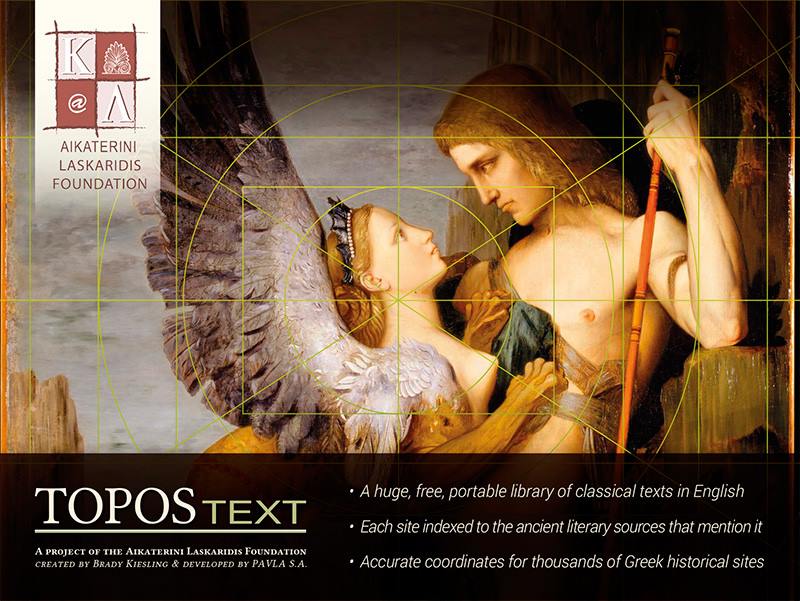
Our current age sends intrepid potential polymaths in other directions. Rightly so, but I still want some number of open-minded young people, without becoming Colonel Leake or a professional archaeologist, to experience the same happiness I did. Every inch of the Greek landscape has a history shaped by human hands, a connection that, once made, sends a little thrill down the spine. We need to keep that history accessible and meaningful to the broadest audience we can.
And, of course, as a diplomat and historian I am keenly aware that Greece’s ability to win its wars and refinance its debts owes much to the world’s favorable image of Classical antiquity. I live in Greece and want it to flourish. If ToposText is even a tiny contribution to keeping international philhellenism alive, I will be happy.
Several improvements to ToposText are in the pipeline, including location awareness and better search capabilities. Fortunately, the world is full of obsessive people. I call your attention to Logeion, another free, indispensable application for classical philology (Apple and web only), and MyCreteGuide, excellent information on almost everything in Crete.
Do Classical Studies still have something to say in a post-modern world? How could we “re-think” classical ideals in order to be of practical use vis-à-vis the current multifaceted crisis plaguing Greece and Europe?
The underlying meaning of the Greek word for truth, αλήθεια, is “that which escapes λήθη, forgotten-ness.” The great flourishing of the Classics came during the age of European autocracies, when the cultural and military achievements of ancient Athenian democracy were an ideological weapon against the moral authority of kings and despots. Ancient Greece is less indispensable now that we have examples of successful democracies closer to hand. Still, the Classical Greece meme has plenty of survival value left in it.
The key virtue of ancient culture isn’t that the ancient Greeks were smarter than we are. They weren’t. But most of what was forgettable in their culture has long ago been forgotten. The ancient authors who survived did so, in a much crueler environment than ours, by putting moral education first, something we now look down on. The point of reading Plutarch or Plato is the civic culture they inculcate, the idea that individual greatness, hence immortality, stems from self-control, hard work, unflinching respect for obligations once undertaken, and the willingness to risk oneself for the collective good. This turns out to be an excellent long-term evolutionary strategy. Meanwhile, studying Ancient Greek teaches concentration, patience, memory, and puzzle-solving skills that turn out to be useful in any field.
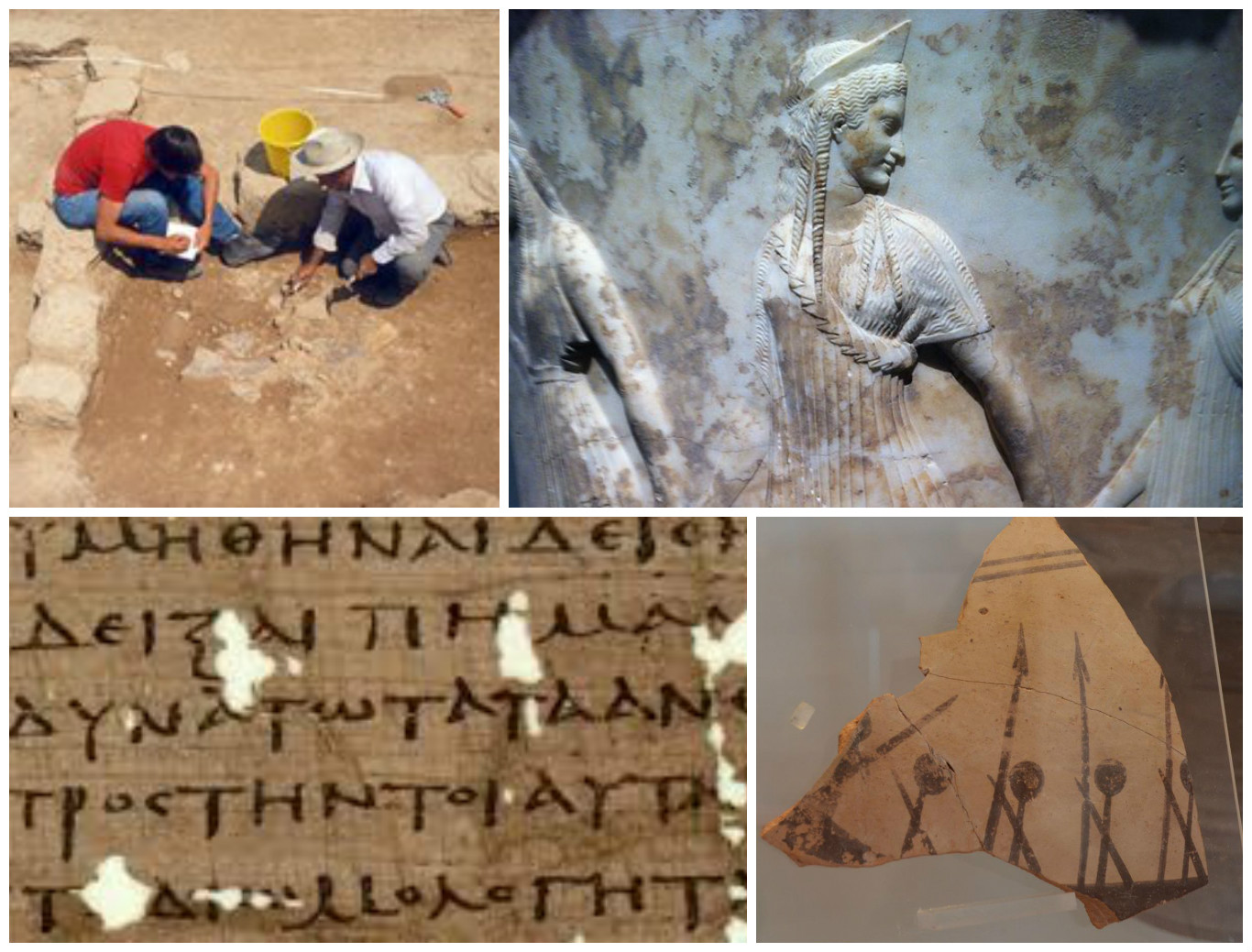
Reading ancient history would encourage us to challenge the idea that Europe is in “crisis”. No one is actually starving, few are enslaved, the plague gods are quiet, and the number of barbarians aiming spears at our liver is tiny and manageable. As individuals we have more scope for personal and political expression than any society has ever had. So our crisis, if it is one, is a crisis of expectations, a sense that we are entitled both to be exempt from the danger and back-breaking toil of our ancestors and to be happy without productive effort. For that delusion, ancient wisdom is a palliative but not a cure.
The real crisis is the one unfolding in those parts of the world without social-political systems advanced enough to cope with population pressure and environmental change. Ancient philosophers might disagree on whether we should consider the developing world’s crisis to be our crisis as well, but they would certainly be horrified at how many “civilized” Europeans are profiting from the misfortunes of Africans and Syrians.
How do you see current developments in Greece? How do you assess government policies in the context of the present political and economic constraints?
I’m afraid I share the pessimism of every Greek I talk to. Greece has gifted politicians, but politics, not public administration, is what they know and love. The one practical issue being managed is how to keep the next public sector wage/pension check from bouncing. The resulting message for the public is, “please pay more taxes so we won’t have to reform anything.” High taxation that isn’t directly connected with plausible reform is an excellent excuse for people to behave badly. Poor civic morality exacerbates the structural problems of an unrealistic constitution, chaotic legal code, and collapsing court system. My fear is that the vacuum will be filled, as in South Italy, by various mafias.
The disaster is primarily generational. For many Greeks, the ones who waxed fat from money borrowed by the state on their behalf, life is still fine. And for tourists the weather is still glorious, the beaches beautiful, the restaurants better than ever before, and the ancient sites have new museums. Foreigners float in a soap bubble above the fray. But gifted young Greeks will keep leaving, and the Greece they leave behind is poorer and grayer as a result.
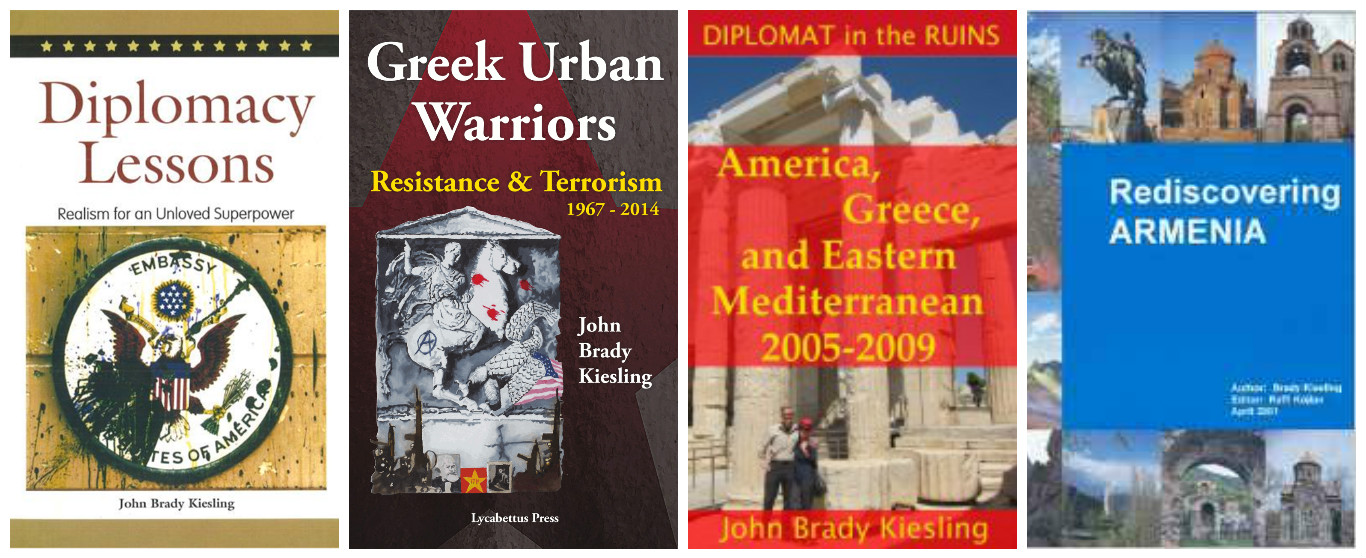
*Interview by Athina Rossoglou
TAGS: ARCHEOLOGY | GOVERNMENT & POLITICS | LITERATURE & BOOKS

